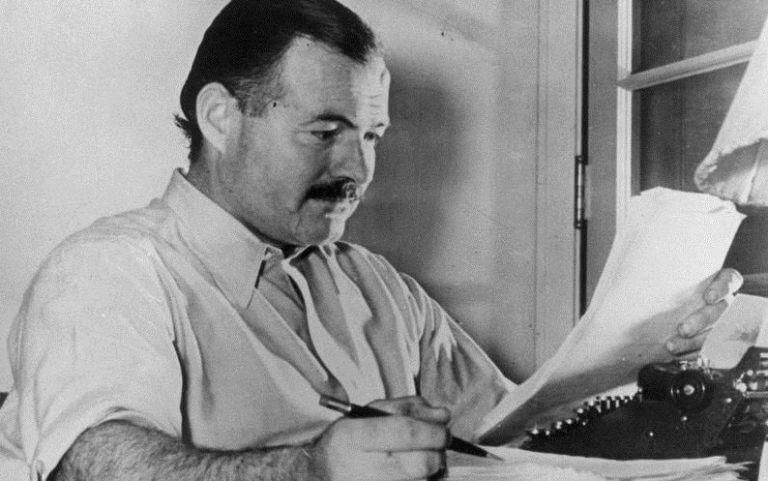A lot of web copy out there is unclear and needlessly complicated. Many companies seem to think that if they use sophisticated language and throw jargon around, it will make them seem authoritative.
But it won’t.
It can actually damage your sales, because it doesn’t tell your visitors why they should choose your products or services.
Here are five ways to make your web copy clear and engaging.
Make your main point early on
If someone is on your website, this is probably because you offer a specific product or service they’re looking for. So tell them what you offer as soon as possible.
Do it at the start – not at the end of the copy, because many will give up before they even get there.
You need to give visitors a reason to stay on your page.
Don’t use big words needlessly
“It doesn’t make any sense.”
“Of course it does. It’s smart – I used a thesaurus.”
Do you remember that ‘Friends’ episode? The one where Ross shows Joey the thesaurus tool on Microsoft Word?
Joey originally writes: “They are warm, nice people with big hearts.”
His computer’s thesaurus turns this into: “They are humid, prepossessing homo sapiens with full-sized aortic pumps.”
One is personal and conversational, the other is cold, clunky and clinical. I know which I prefer.
The use of complex words for the sake of it is irritating. If there’s a shorter and simpler word, use that.
Use short sentences where possible
They’re easier to read and they convey authority.
You’ll bore people if you use a lot of long, meandering sentences. Worse still, you might also give the impression that you don’t really know what you’re talking about.
Short sentences are especially good for your main points.
Make sure you explain the complicated things
Never assume that readers of your copy have an in-depth knowledge of your field. Avoid jargon.
This is important for both business-to-customer (“B2C”) and business-to-business (“B2B”) companies. Taking the time to explain everything shows that you understand the needs and concerns of your audience.
“You do not really understand something unless you can explain it to your grandmother,” said Albert Einstein. Like many of these quotes you see, he might not have actually said this, but whoever said it was right.
Don’t fall into the trap of using cliches
Like I just did there. Once you fall in it can be hard to get out. But you can get out, it just takes a bit of blue-sky thinki— oh. Wait.
To an extent, using cliches is unavoidable. To an extent. A lot of the time, we use them without even noticing. There are conversational cliches (the more acceptable kind), and marketing cliches (the ones you really want to avoid). The latter will make your writing seem a bit tired and uninspired. And by association, so will your products and services.
Have a look at the web copy of your competitors, and try to analyse it objectively. Do they use any of those worn-out expressions you see all the time? Did you wince? Make sure your copy doesn’t include them.
Share this article if you agreed with any of the points, follow us on Twitter to see more blogs like this, and follow us on Instagram to see nice pictures.


![Ernest Hemingway. - [ca. 1930]](https://cdn2.hubspot.net/hubfs/506760/Imported_Blog_Media/EH1.jpg)